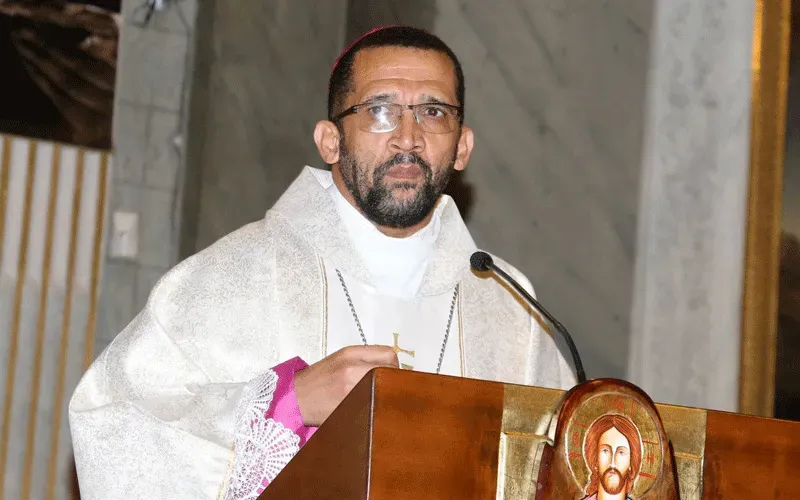Bishop Sipuka continued, “Religion is blind without science because it prevents people from realizing what they are naturally capable of and becoming fully realized and giving glory to God.”
“Science gives us the facts about our existence, and religion gives us the why of our existence,” the Local Ordinary of Umtata Diocese who doubles as the First Vice President of the Symposium of Episcopal Conferences of Africa and Madagascar (SECAM) said, and added, “Without the guiding moral compass of religion, science can be destructive to people and the planet earth.”
He went on to highlight Russia’s invasion of Ukraine and the Royal Dutch Shell’s (RDSa.L) planned exploration of oil and gas reserves in South Africa’s Eastern Cape as some of the harmful scientific projects that have ignored faith.
The South African Catholic Bishop who has been at the helm of Umtata Diocese since his Episcopal Ordination in May 2008 underscored the fact that the Church does not stand against “the marvelous progress of science”.
Making reference to Pope Francis’ 2013 Apostolic Exhortation on the proclamation of the Gospel in today’s world, Evangelii Gaudium, Bishop Sipuka said, “The Church has no wish to hold back the marvelous progress of science. On the contrary, she rejoices and even delights in acknowledging the enormous potential that God has given to the human mind.”
“Whenever the sciences rigorously focused on their specific field of inquiry arrive at a conclusion which reason cannot refute, faith does not contradict it,” the Catholic Bishop who will turn 62 on April 27 said in reference to the Apostolic Exhortation addressed to Bishops, members of the Clergy, Consecrated persons, and the Laity.
He further said, “There is no conflict between science and religion because science informs us about the fact of God’s creation and our faith or religion tells us about the meaning of that creation.”
In his homily during the event of the opening of the science laboratory at Zingisa Comprehensive High School, Bishop Sipuka said the construction of the facility at the school helps to demystify the belief that “Africans are emotional and spiritual, while those from the West, are rational and scientific.”
“The opening of this science lab in a Catholic school is making a statement that the view of a black person as inherently emotional rather than rational is not true,” the Bishop who as the President of the Southern African Catholic Bishops’ Conference (SACBC) said.
all human beings are capable of both spiritual and rational capacities, he said, adding that the new lab presents an opportunity to the African child, especially those from poor backgrounds, “to embrace science so that through them, Africa can also participate in technical discoveries and improve the lives of poor people.”








